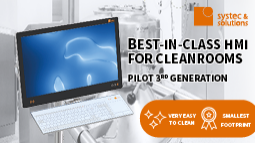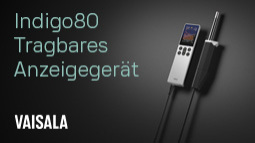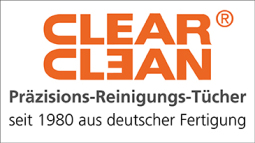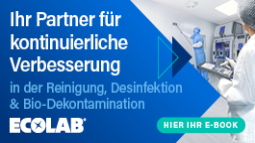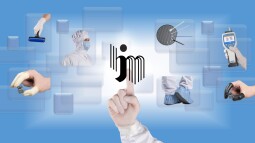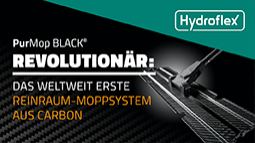Connectivity – key to future-oriented medical care
Phillips-Medisize’s stand 1E28 at Medtec Europe, Stuttgart/Germany, April 4th to 6th, 2017, is designed for medical device professionals to discuss future products – from the first idea through to engineered-in scalability and batch production respectively. Several display cases reveal a clear view of numerous medical, diagnostic and drug delivery devices. They serve the discussion partners – potential customers, OEM manufacturers and the experts from Phillips-Medisize – as illustrative material to determine the typical steps and processes from the first model component to the ready-for-use solution. These disciplines have become even more important since the implementation of connectivity within the wide array of medical, diagnostics and drug delivery devices. Over the last years, Phillips-Medisize has proven its potential as a renowned outsourcing partner for projects involving high-end connectivity.
The purpose of a connected and electronic-enabled medical device – such as a pump injection system for insulin – is obvious: it is supposed to provide the patient with security and sustainability with regard to the administration of the precise dose at the right time under the respective pathological conditions. Medtec is a perfect opportunity for Phillips-Medisize to discuss with interested parties the key benefits, convenience and latest innovations regarding prefilled syringes and connected injection devices on the basis of examples, proficiency and know-how gained during various recent projects. Apart from user-friendliness, it will be a major point of interest to look at data privacy, medical regulations and swiftly changing legal stipulations which accompany the subject of connected health in its emerging stages. “As patients continue to be the focus for new devices, their ease of use and adherence to treatment is key; with the rising drug costs, healthcare payers seek justification that the drugs and their delivery systems are cost effective and improve patient outcomes,” comments Bill Welch, Chief Technology Officer. “New opportunities for these increasingly challenging requirements are found when companies begin incorporating electronics, mobile apps, and cloud databases to create disease therapy ecosystems.”
Another focal point during the customer/outsource partner dialogue will be the know-how to develop a completely integrated supply chain for such a sophisticated product. The acquisition of the Danish Medicom Innovation Partner company (mid 2016) by Phillips-Medisize and the synergy effects derived from the integration of Phillips-Medisize into the Molex Corporation (October 2016) boost the electronics capabilities and connectivity potentials of this global contract manufacturing organization. A project study – presupposing human-centered design (HCD) – starts at the evaluation whether commercial production volumes will be in the range of target cost when considering design for manufacturing (DFM) and design for assembly (DFA) analyses. Subsequent feasibility assessments lead the R&D experts from the first pilot components to the preproduction batch and finally to scalability into millions of units of this medical device.
The processing must always be in line with the following prerequisites: HCD standards, fulfilment of validation, certification, clinical tests and conscientious quality surveillance. Numerous exhibits provide opportunities to discuss the route of scalability: customized medical and diagnostic devices such as electronic auto injector systems, specialty drug delivery devices, various types of dosing systems, multi-component dosing units, disposables and consumables for diagnose components, disposable insulin pens, blood glucose meters, inhalators, spray applicators, IV sets, peristaltic pumps, titration plates, mixing injectors, complete MDD application sets, single-use surgical devices, tube sets, catheters, diagnostic arrays, and much more. Phillips-Medisize provides a complete supply chain for customers – from the early design sketch to the special custom batch or multi-million production run of a given medical device packed under sterile conditions ready to be used for/by the patient.
At Phillips-Medisize, production is monitored under a cross-process method by means of high-priority quality assurance standards in accordance with ISO 13485 and/or the corresponding FDA standards and Good Manufacturing Practice (GMP). Phillips-Medisize tests and checks all products at its in-house facility with appropriate measuring technologies and also carries out cytotoxicity tests, bio burden determination, LAL and performs risk analysis by means of FMEA. Validation of the processes follows industry standard DQ-, IQ-, OQ- and PQ stages.
Phillips-Medisize Corporation
8309 Nürensdorf
Schweiz
